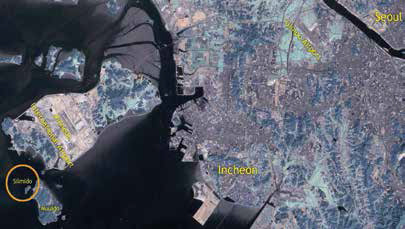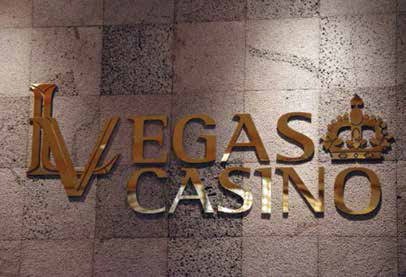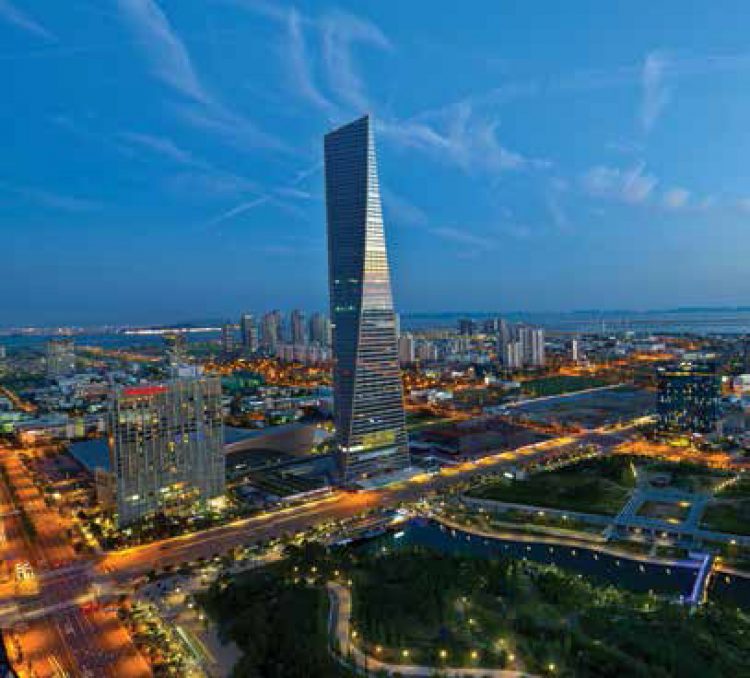Manila operator goes international, buying Incheon island, Jeju casino
Billionaire Enrique Razon frequently says his gaming ambitions go beyond Manila’s Solaire Resort & Casino. Now he’s laid down his first overseas casino bets in South Korea. Gaming properties in Korea could both diversify the company’s revenue stream and yield benefits in the Philippines, where Koreans constitute the largest group of international visitors.
Solaire’s corporate parent Bloomberry Resorts has bought land in the Incheon Free Economic Zone (IFEZ) outside Seoul and a casino hotel on Jeju, the resort island off the peninsula’s southern coast, where mainland Chinese enjoy visa-free access. Both areas have integrated resorts under development, and Korean authorities are seeking bids for two more IRs with foreigner-only casinos, requiring investment of at least 1 trillion Korean won (US$900 million).
“Solaire is on a trajectory of growth and we are now slightly shifting our focus to other destinations” Mr Razon, Bloomberry’s chairman and CEO, says. “Although this will happen in the next few years, it is good business to start prospecting, and Korea is a likely choice because of its positive investment climate.”
In Incheon, Bloomberry last month announced it had agreed to buy Silmi Island. Terms were not disclosed. The 20.96 hectare (51.8 acre) uninhabited island is just offshore from Muui Island, where Bloomberry bought 12.2 hectares for $50 million in January. During low tide, it’s possible to walk between the islands. Muui is currently accessible only by ferry, but a bridge linking it to Yeongjong Island, the main IFEZ area, is scheduled to be completed by 2018.
NO MYSTERY
“Considering the size of land that Bloomberry purchased, which comes out to be nearly 330,000 square meters in total, it is evident that Bloomberry is preparing for a large resort,” KORE Policy & Management Consulting General Manager Tim Lee says. Muui and Silmi currently attract tourists for their relatively unspoiled natural environment, Mr Lee says, and they’ve been featured on Korean television shows popular in China and across Asia. That link to hallyu, the Korean cultural wave sweeping the region, could give a resort on the islands added appeal.
Hong Kong billionaire Chen Yu-tung, a longtime partner in Macau operator SJM Holdings’ parent company STDM, has also expressed interest in building a resort in Incheon, site of South Korea’s gateway international airport. A consortium including Caesars Entertainment and a partnership of Korean casino operator Paradise and Japan gaming machine maker Sega Sammy are each already developing Incheon IRs.
Bloomberry also bought 92% of Golden & Luxury Company, which owns and operates T.H.E. Hotel with 202 rooms and LVegas Casino. Located in Jeju City on the north side of the island, near the airport and cruise ship terminal, the casino has 38 tables and 14 slot machines, according to Union Gaming Research Macau. Mr Lee notes that LVegas tops Jeju’s eight casinos in visitors but ranks last in revenue.
“We are excited at the prospect of Solaire setting up a base in Korea and of introducing the Solaire brand of integrated resorts to the country,” Mr Razon says, suggesting plans to rebrand LVegas. “This is our first venture outside of the Philippines, and the possibilities for expansion in this country are promising.”

DOUBLE PLAY
Currently, the Chinese VIP players at Solaire mostly hail from the southern provinces. Opening a resort in Korea would not only extend Bloomberry’s reach into Northern China, but could also boost revenue from Korean players at its Manila property. Solaire executives say Korea is their second largest source of VIP play after China. Even though Bloomberry’s Korea casinos would be for foreigners only, they could showcase the Solaire brand to Koreans through non-gaming facilities, encouraging more Koreans to visit Manila for the full monty.
Bloomberry isn’t the first Manila operator to enter Jeju. In November, Genting Hong Kong, a partner in Resorts World Manila operator Travellers International Hotel Group, spent $117 million for a 50% stake in Jeju’s former Hyatt Regency Casino on the south side of the island. The casino reopened in January as Genting Jeju with 28 tables and 16 slot machines. Hong Kong-listed mainland Chinese property firm Landing International Development owns the rest of the casino plus the host hotel.
“Our opening in Jeju expands our footprint to effectively service the needs of our customers in the region and is strategically located to work within our network of existing properties,” Genting Hong Kong communications executive Desmond Chung says. “Both Korea and the Philippines are important markets for us, and we are happy to be able to provide positive Genting touch points for our guests wherever they may reside or visit.”

This overseas battle for Manila market share could escalate. The real value of LVegas for Bloomberry may be its casino license, which Bloomberry could use to build an IR on the island, according to Mr Lee. In February, Genting Singapore, the Genting Group subsidiary that operates Resorts World Sentosa, broke ground on the $1.8 billion Resorts World Jeju, also in partnership with Landing.






























